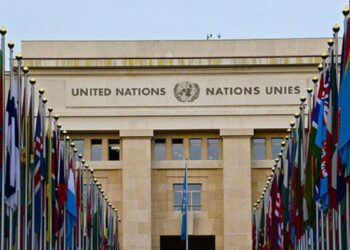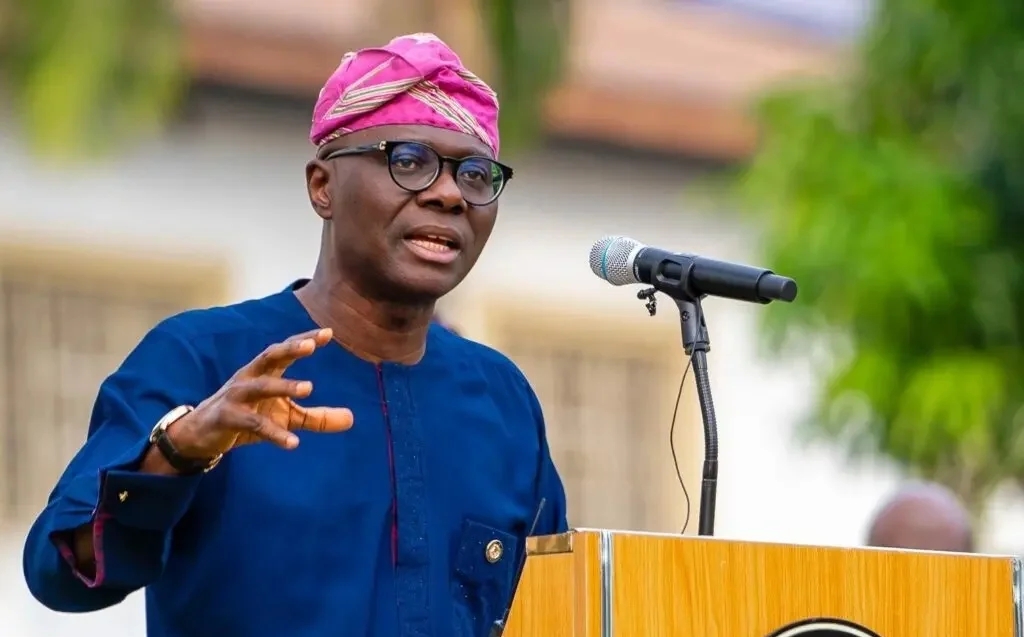Key highlights
- The Sir Harry Evans Global Fellowship is providing a good opportunity for exceptional early career journalists for a nine-month fellowship with Durham University
- The Fellowship provides a monthly salary of c.£4,444 per month
- Applications close by midday BST Monday 10 July 2023
Sir Harry Evans Global Fellowship
The Sir Harry Evans Global Fellowship is providing a good opportunity for exceptional early career journalists for a nine-month fellowship with Durham University.
This will also include undertaking an investigative project from inside a newsroom which could be in London, New York, or Toronto. The Fellow will be mentored by editors at Reuters or other media partners, while being overseen by Durham University and having access to University academics and research resources.
This Fellowship is designed to give the Fellow the chance to develop rigorous, fact-based research and reporting skills.
It will also provide the opportunity to develop ideas and collaborations in a thriving community of journalists while having the support of world-leading researchers.
Program details
The Fellowship is billed to commence after 1 March 2024, and is subject to the necessary immigration requirements being met.
The successful applicant will be employed by Durham University as a Fellow in the Institute of Advanced Studies (IAS). With the support of colleagues in the IAS, the Fellow will be expected to identify and build a network of researchers at the University to support their investigative journalism practice.
As part of the requirements, the fellow will also be expected to deliver a public seminar at the IAS, sharing their learnings from the Fellowship and supporting the understanding of journalism at the University.
The Fellowship provides a monthly salary of c.£4,444 per month (equivalent to a pro-rata salary of c.£53,333 per year).
In addition, there is a £1,250 per month living stipend and a one-off payment of £1,800 for travel and related expenses.
If the successful applicant is an existing employee of a news or media organisation and takes a period of leave to pursue the Fellowship, Durham University will pay up to a maximum of £12,000 to their current employer to cover temporary staff costs, subject to specific terms and conditions.
Fellowship selection criteria
- Qualified applicants should be early-career journalists, with between two- and five-years’ professional journalism experience.
- Where a prospective applicant is not currently a journalist but has worked in an investigative reporting capacity in a related professional field (for example: leading human rights or other socio-political publications and campaigns; working as an author or researcher on authoritative investigative work; or developing in-field photo-or video-research projects, documentaries, or exhibitions) applications may be considered on a case-by-case basis.
- The Sir Harry Evans Fellowship is a global opportunity, applications are welcome from all eligible candidates, regardless of their current location.
- Under-represented professionals in journalism will be considered
- The Fellowship may be undertaken in UK, New York, or Toronto, which will be at the discretion of the Fellowship Committee.
- The successful candidate will need to meet applicable immigration requirements.
- Multimedia journalism is encouraged, and the proposal can include a small amount of relevant visual material, such as graphics, photos, or a video clip. The proposal should tell the Fellowship Committee clearly what the story is about; what’s original about it, including what the new findings would be; why the story is important; what impact it might have; how you would report it; and how you would tell it.
- The Committee will assess whether to assign the winner to undertake their own proposal or another investigative journalism project selected by Reuters.
- Your application should be submitted in English, as you will be working in an English-language office. If your letter of recommendation is in another language, please provide a translation into English.
How to apply
- Applicants are to write a short statement (up to 500 words) telling the Fellowship Committee about yourself; what you hope to achieve with this opportunity; and how your vision of journalism fits with the spirit of the Fellowship.
- A detailed proposal (up to 800 words) for an investigative project you would like to execute during the Fellowship.
- A one or two-page CV/résumé including a link to your LinkedIn profile.
- Up to four published examples of work, two of which should be text-based.
- A letter of recommendation from an editor who has worked closely with you, assessing your abilities and potential as an investigative journalist.
Applications for the 2024 Fellowship closes by midday BST Monday 10 July, 2023, and applications will be considered by a Fellowship Committee.
All applicants are expected to name the documents with their surname, followed by the first name and ‘statement’ and the he completed application is expected to be submitted not later than midday BST Monday 10 July 2023.
Shortlisted candidates will be invited to an online interview with the Fellowship Committee.
To apply, send an email here

















